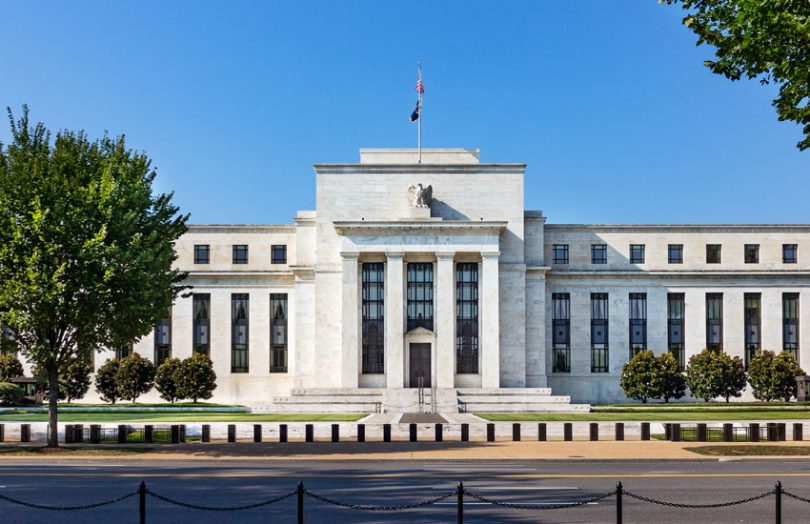Today the U.S. Federal Reserve Governor Lael Brainard discussed the Facebook Libra digital currency at a central bank conference in Frankfurt Germany. Brainard expressed concerns about the potential for global adoption of the stable coin in a short time and for Libra to become a new unit of account. Based on her comments, it also appears unlikely that the U.S. would consider a Central Bank Digital Currency (CBDC) any time soon.
Brainard is the Chair of the Committees on Financial Stability as well as Clearing and Settlements, in addition to others.
Governor Brainard started by highlighting the rapid pace of technological change with the internet reaching 80% penetration in the U.S. in 13 years. Plus she pointed to the massive growth in payments systems Venmo, Alipay and WeChat in the space of five years. And none of them started with the enormous scale advantage that Facebook has.
“Because the utility of any medium of exchange increases with the size of the network using it, the power of a stablecoin payment system depends on the breadth of its adoption, ” said Brainard.
Talking about stable coins, she addressed worries about consumer financial security, highlighting the massive losses from fraud and theft relating to cryptocurrencies, thought to amount to $4.4 billion in 2019. Brainard contrasted this with the security consumers have come to expect from banks and payments providers. In particular, in the U.S. there is deposit insurance, and banks are liable for certain fraudulent transactions.
The Governor also expressed reservations about price risk for consumers because referring to Libra, “they do not appear to have rights to the stablecoin’s underlying assets.” The usual concerns over inadequate anti-money laundering (AML) and know your customer (KYC) checks were expressed.
Next Brainard addressed the significant central bank concerns that a stable coin can influence financial stability, including liquidity, credit, market, or operational risks. Without mentioning China’s plans for a digital renminbi, the Governor expressed worries about the impact on the monetary policies of smaller countries from the broad adoption of foreign central bank digital currencies or private stable coins.
The Governor then considered Central Bank Digital Currencies (CBDC) as an alternative and noted opinions that this may be a safer alternative. She said: “A more relevant question may be whether some intermediate solutions may be able to offer the safety and benefits of real-time digital payments based on sovereign currencies without necessitating radical transformation of the financial system.”
Like others at the European Central Bank (ECB), she pointed to the potential of leveraging the existing infrastructure. And Brainard pointed to the major legal, policy and operational questions that a U.S. Dollar CBDC would raise. This echoes recent comments by the Federal Reserve Chair Jerome Powell. Nonetheless, she stated it was important to explore faster and more efficient payment systems, and highlighted the announcement earlier this year of the faster payment system FedNow.
Governor Brainard was talking at an event held in honor of Benoît Coeuré, outgoing director of the ECB. Coeuré will be continuing his work on stable coins and digital assets at the Bank for International Settlements (BIS).







